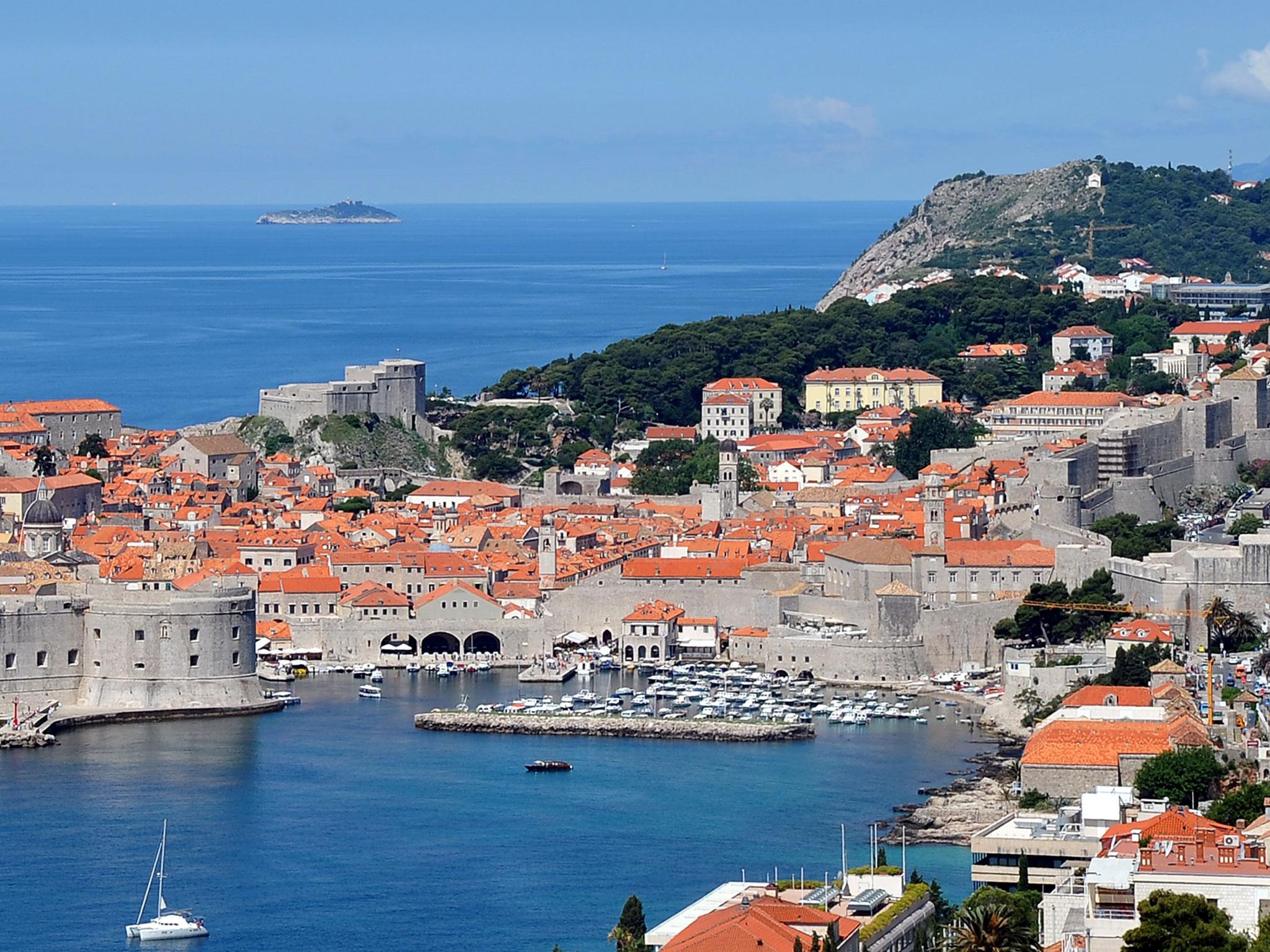Travel question of the day: Simon Calder on holiday money for Croatia
Have a travel question that needs answering? Ask our expert Simon Calder

Your support helps us to tell the story
From reproductive rights to climate change to Big Tech, The Independent is on the ground when the story is developing. Whether it's investigating the financials of Elon Musk's pro-Trump PAC or producing our latest documentary, 'The A Word', which shines a light on the American women fighting for reproductive rights, we know how important it is to parse out the facts from the messaging.
At such a critical moment in US history, we need reporters on the ground. Your donation allows us to keep sending journalists to speak to both sides of the story.
The Independent is trusted by Americans across the entire political spectrum. And unlike many other quality news outlets, we choose not to lock Americans out of our reporting and analysis with paywalls. We believe quality journalism should be available to everyone, paid for by those who can afford it.
Your support makes all the difference.Q We are going to Croatia for the first time and have read different views on which is the best currency to take. We are thinking of taking half in the local currency, the kuna and half in sterling. Is this is a sensible thing to do and if so, are there plenty places around Dubrovnik to exchange sterling?
Margaret McLean
A You could certainly take half local currency, half pounds - but I suggest you do this only if you enjoy handing money to financial institutions rather than spending it on a glass of wine and a bowl of olives at a waterside cafe beside the old city of Dubrovnik.
I have just checked the rate from one of the very best bureaux de change in London, Thomas Exchange, and was offered 8.64 kuna for each pound (with no commission charge). Other providers, such as the Post Office and your bank, are likely to offer less favourable rates. But the prevailing rate for the britanska funta (British pound) at a typical mjenjacnica (bureau de change) in Dubrovnik is around 8.90.
On £250 of holiday spending money, that represents a benefit of about £7 compared with the best deal I could find.
If you like to have a modest amount of foreign currency for incidentals when you arrive, then I suggest to go to your local post office and change £20 or so into Croatian kuna. You won't get a great rate of exchange, but it will be better than your departure airport - and it is commission-free, which is handy for small transactions like this. Alternatively, just wait until you reach Dubrovnik airport in Croatia and change there - though only a small amount, because you won't get a good rate.
As with anywhere in the world, given that some places charge commission and some don't, the sensible question to compare rates is "How many kuna will you give me for £100?"
I should point out that some people say the opposite, and better rates for kuna are available in Britain than in Croatia, but I have not seen any evidence to back this up. Do let me know if you find any.
Every day, our travel correspondent Simon Calder tackles a reader's question. Just email yours to s@hols.tv or tweet @simoncalder
Join our commenting forum
Join thought-provoking conversations, follow other Independent readers and see their replies
Comments